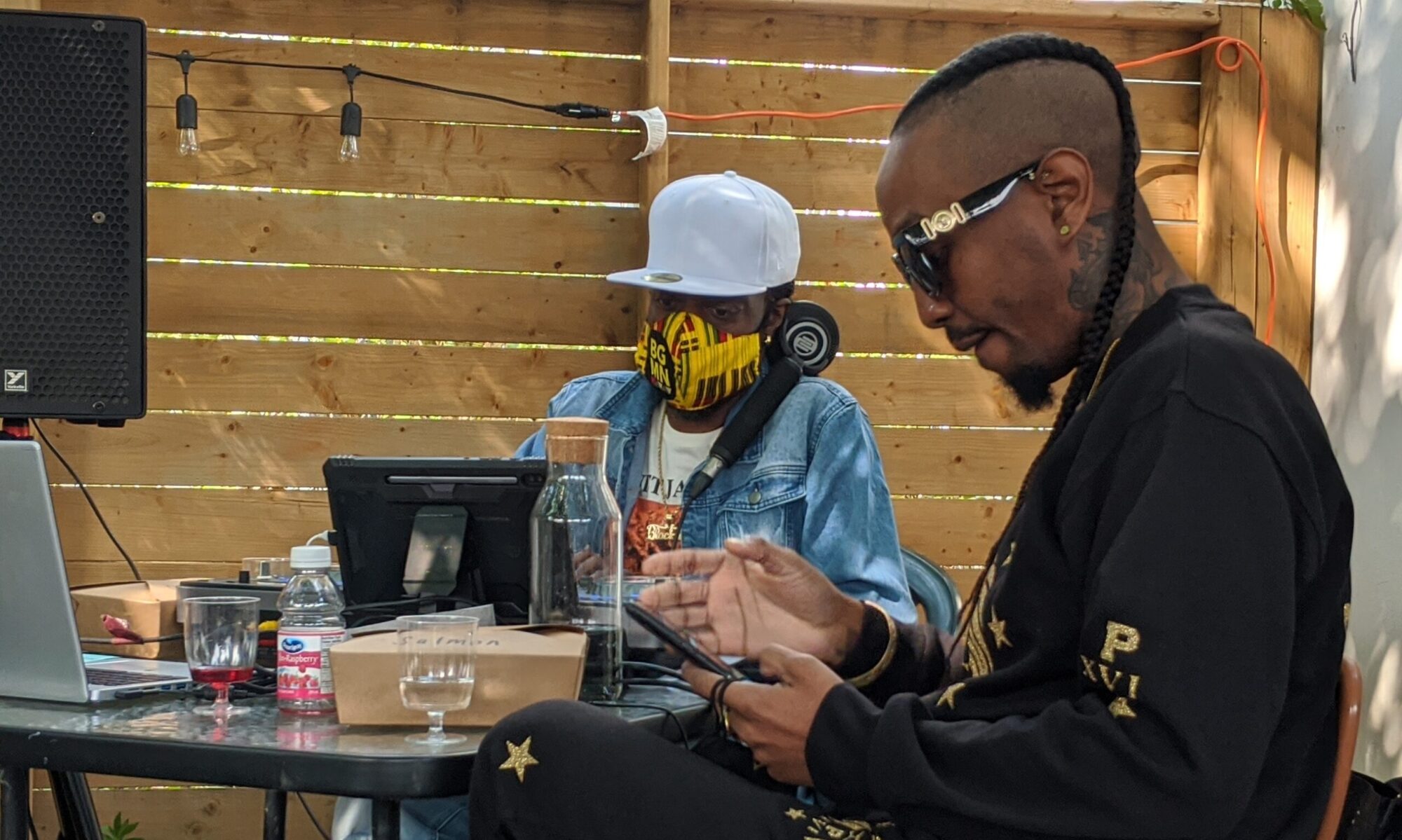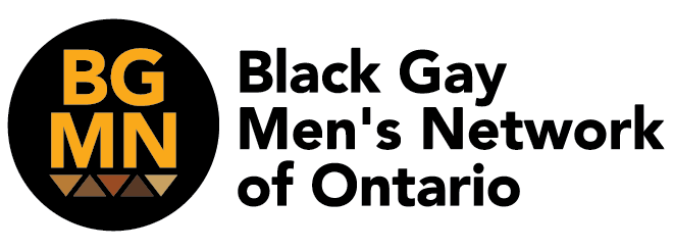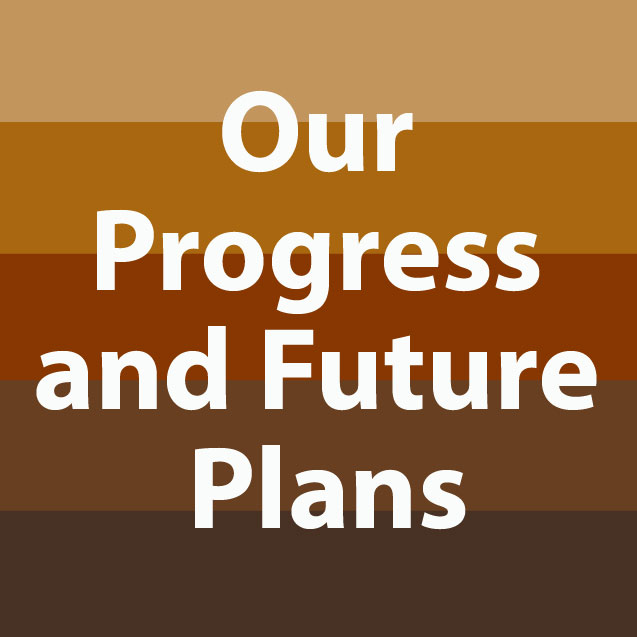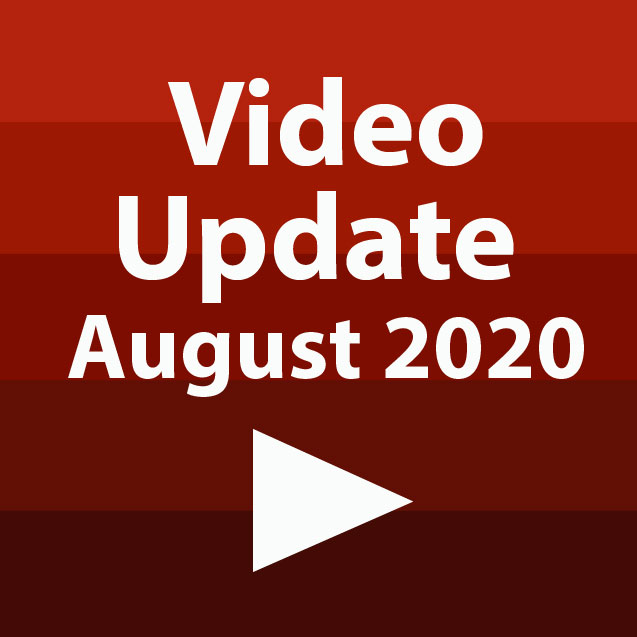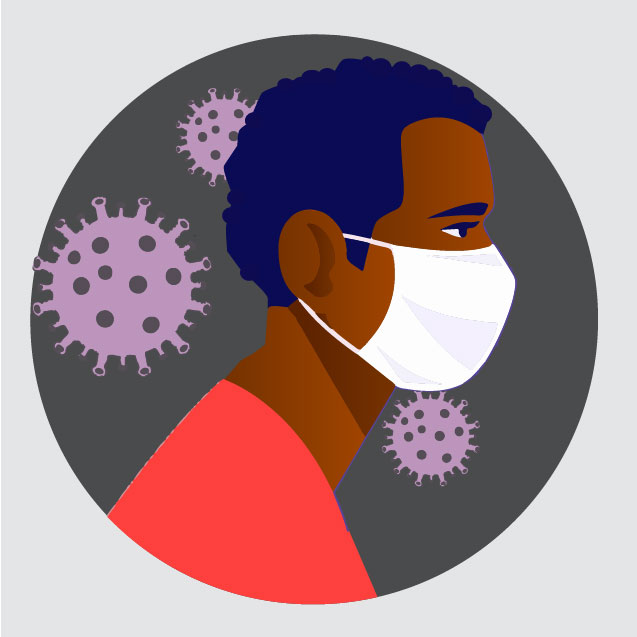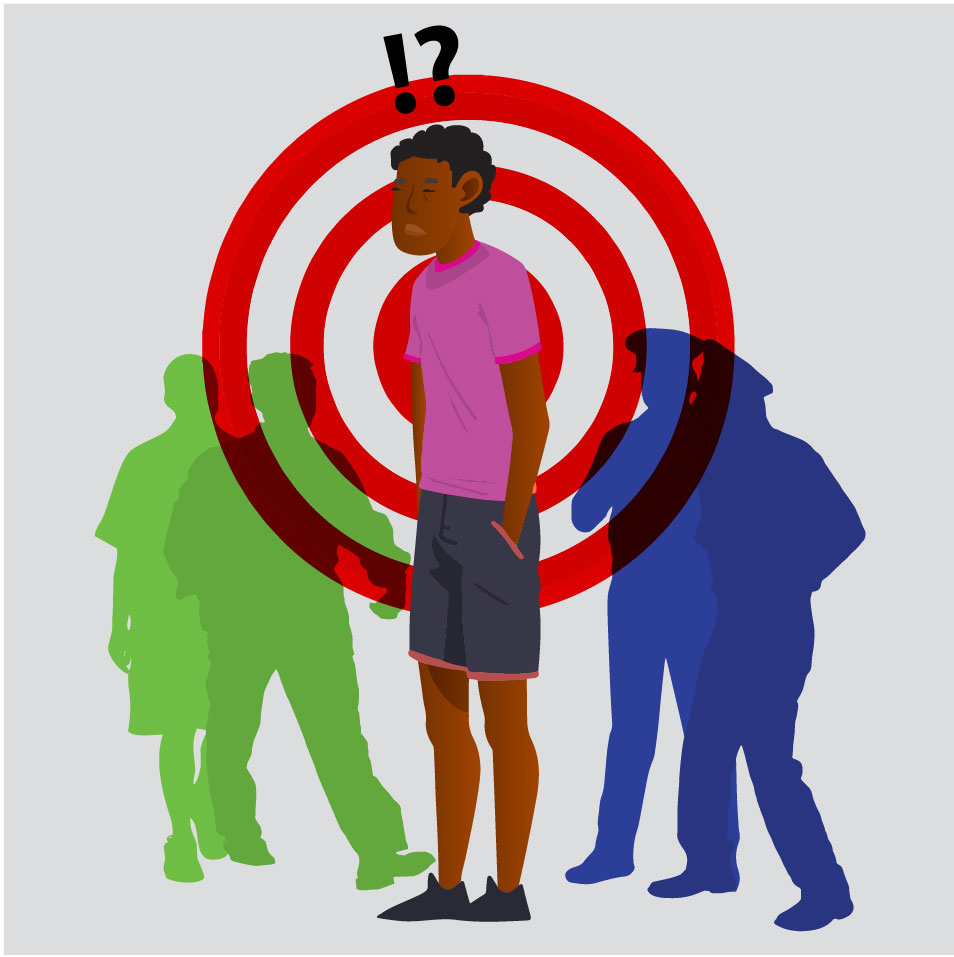By Keith Cunningham
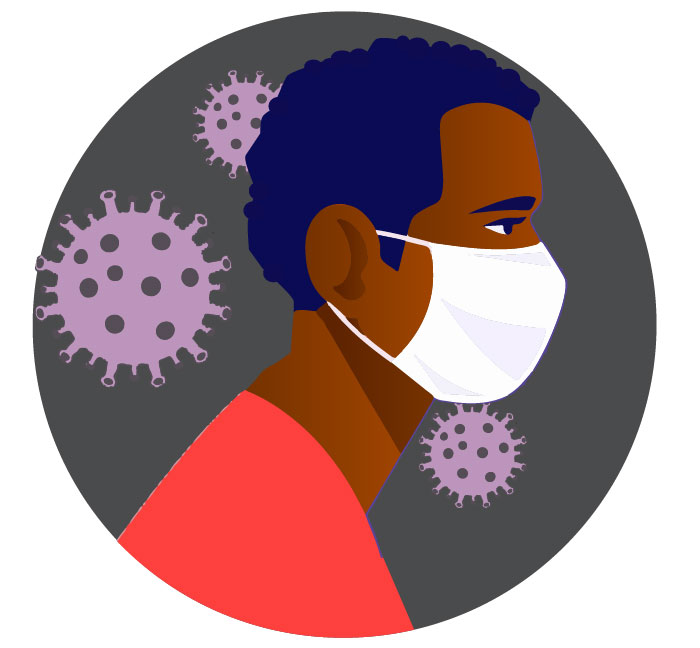
Little did I know that we would be battling a global pandemic when the Wuhan medical community began responding to the outbreak of this strange novel coronavirus, later re-named COVID-19. With that Chinese city being far away, I trusted the global community of infectious disease specialists to contain the virus before it broke through China’s borders. I was hopeful the west would have little to worry about an outbreak here.
I was initially very skeptical of the prime minister’s decision to repatriate Canadians that were there. This was despite the 14-days quarantine requirement that was embedded in the repatriation plan. Health Minister Patty Hajdu assured Canadians that the government was looking into a scenario where it would have “all the measures in place to protect Canadians from exposure to the virus.” Around the time of this announcement, the coronavirus had already killed approximately 170 people and infected more than 7,700 in China’s mainland and abroad.
My skepticism quickly grew into anxiety and despair when I began to hear reports of increasing outbreaks in Toronto, New York City, and elsewhere. To make matters worse, the constant news reports of countries closing their borders added to the trapped and stifled feeling that COVID-19 had unleased on me.
The Effects of Working Remotely
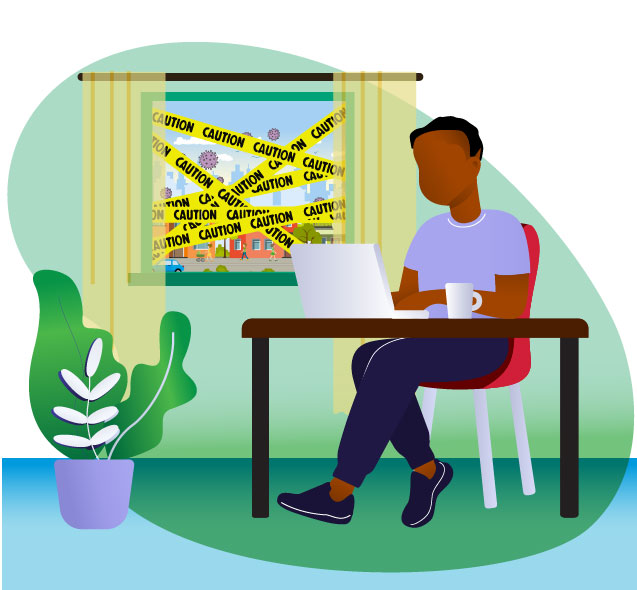
Without much warning, the coronavirus had made its way to my doorsteps. I had little or nowhere to escape its potential risks because it was spreading exponentially across Canada and the globe. I needed to act responsibly to prevent myself from becoming ill or fall victim to this deadly disease. March 13 was a personal watershed moment for me. That was the date I received an email from my workplace stating that the office would be be closed due to COVID-19, effective March 14. Alas,the pandemic was now impinging on my professional and social life thereby forcing me to stay home, work from home, and to stay away from even my closest friends.
Then came Wednesday, March 18 – the first day of working remotely. I quickly adapted to it all while trying to comply with the legislative requirements of sheltering in place, physical distancing, and social isolation. The directives from Toronto Public Health were enforceable and required strict observation. The personal experiences that COVID-19 survivors shared in the news and on social media reinforced the need for me to take all the necessary precautions.
As the days of working remotely went by, I observed some subtle changes resulting from the pandemic response. I began to appreciate being at work within 20 minutes of rolling out of bed. Furthermore, there was no traffic to negotiate and no bad drivers to disrupt my peace of mind. I was shielded from the potential road rage I had come to expect from Torontonians on my commute to and from work. There were also other little changes that I began to appreciate such as walking from my home desk to the kitchen to grab a snack or water during a Microsoft Teams or Zoom meeting without anyone noticing that I was missing.
Gradually, the pleasures of working remotely began to disappear and I began experiencing COVID-19 pandemic fatigue. It soon became extremely difficult to separate home from the office. Working through breakfast and lunch was becoming the norm, unlike pre-COVID-19 when I worked away from home. Sometimes I would eat dinner or supper while responding to emails or working on a document.
It is funny how this pandemic makes me miss the routine of the office such as sitting with my colleagues for lunch in the staff kitchen. I began missing the solitude that came with travelling between home and the office. I would use my commute in the evenings to reflect, disconnect from work, check on friends, resolve personal issues with loved ones, or observe pedestrians on the sidewalks and crosswalks. Working remotely from home took away all these little things that were important to my health and wellbeing.
The Three ‘Ds’ of COVID-19
Like most immigrants, I turn to my family and friends for community, especially in times of crises, but COVID-19 abruptly disrupted the safety that I valued and put the quality time I spent with trusted friends on pause. We usually spend our weekends cooking and eating together and hanging out with other friends. We also used those times to counsel and support each other and to problem-solve together.
COVID-19 also brought death into my family. My mother’s eldest sister died from the coronavirus at a nursing home in London, England. My cousins told me that leading up to the outbreakmy aunt was healthy, besides her advanced stage of Alzheimers. My aunt’s death left me feeling extremely worried about the mortality of my elderly parents who live in Jamaica with a dodgy healthcare system. During my mourning, I reflected on the memorable time we spent together during my only visit with her in December 1991. She was buried with the ashes of her husband on May 22. God rest her soul.
As if disruption and death were not enough, the coronavirus finished the trifecta by hitting me with further disappointments — travel cancellations. My maiden trip to Halifax, Nova Scotia, was suddenly postponed about a week before my travel date. This was one of the places I had been yearning to visit from about five years ago when I read about its rich Afro-Caribbean history, which includes the 600 exiled Jamaican Maroons who settled there in 1796. I was scheduled to arrive in Halifax on March 19 for the Third National Black Canadians Summit hosted by the Federation of Black Canadians from March 20to 22.
This special trip to Halifax was intended for both work and vacation. My partner and two family friends were expected to attend the summit. Words cannot explain how deeply disappointed I was when I received the cancellation notice.
I had to cancel my week-long trip to Jamaica to visit my elderly parents. Instead of spending valuable time with them, in person, I was forced to do so over the phone. Since the closure of the Canadian and Jamaican borders due to the pandemic, my father has been hospitalized twice. COVID-19 has resulted in loss, disruption, and a bit of depression.
Getting Over COVID-19
The novel coronavirus is as much a mental health crisis as it is a medical crisis and I have decided to adapt and readjust to conquer the monster that it is becoming. As a mental health professional, I know that the best way to deal with mental health crises is to surround myself with my community of family and friends.
I have immersed myself in a peer support group of Black frontline professionals called Noonday Nudge. We meet biweekly to talk about ongoing challenges in this era of COVID-19 and to draw strength from each other. During one of our recent conversations, we were reminded that “racism is not on quarantine” and to hold ourselves gentle as we grapple with this new normal fraught with racism and other forms of discrimination.
Yes, there is a healthpandemic in progress but there is also a 400-year-old racism pandemic. Both seem to have ignited a renewed wave of energy against anti-Black racism and other systemic issues. This new surge of anti-Black-racism protests sprung from the senseless killings of George Floyd and Ahmaud Arbery, and the weaponization of Amy Cooper’s 911-call on avid birdwatcher Christian Cooper — all in the United States.
I gained some extra pounds and because the gyms were closed I decided to exercise differently. My workouts are now early morning jogs and walks for at least three days per week.
Some days I take a wellness break at midday to sit outside in the sun for a few minutes to replenish my energy. In addition, I try to end my workday at 5:00pm and go for long walks around the neighbourhood. Some of my record distances so far are 27,864, 25,923, 14,897, and 15,502 steps. I use these regular walks to explore some of the more unfamiliar neighbourhoods and streets in East York and in the downtown core of Toronto.
While it is hard to stay home isolated from friends and family and while getting out of bed can be more difficult some mornings than others, I remain grateful. I am thankful to have a job in this time when so many businesses are folding, and unemployment is increasing exponentially.
Readjusting and Reimaging Life After COVID-19
Black people are disproportionately impacted by COVID-19 across North America and elsewhere.
While many of us are still practising physical distancing and social isolation and are slowly readjusting to the emerging normal, the news is that a coronavirus vaccine could likely take months to become a reality.
I remain hopeful despite the challenges. I am learning new ways to stay healthy and well by managing my diet and exercising. My relationships with family and friends help me to remain grounded during this pandemic. We stay connected through phone calls, text messages, and social media.
Welcome to our changing world. If you are scared, you are not alone. Most of us are having an experience that is unlikely to go away anytime soon. Remember, we are in this state of pandemic together.
